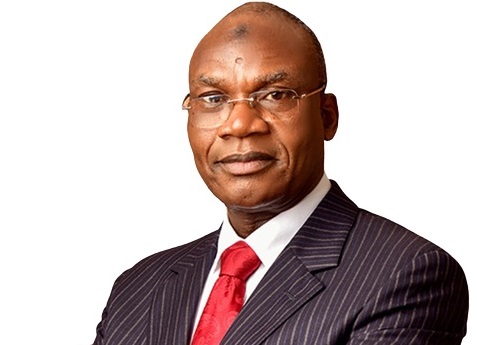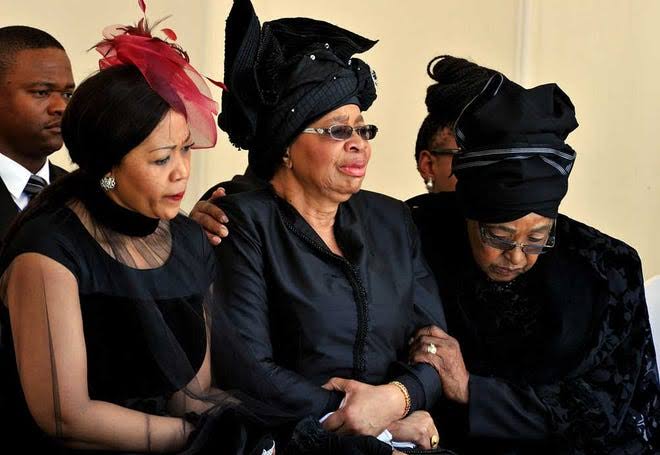A Dangerous Shift in the Education Sector
The recent proposal by the Minister of Education, Tahir Mamman, to ban under 18 students from sitting for Senior School Certificate Examinations, threatens to push Nigeria’s education sector into a deeper crisis.
The policy, which seeks to ban students under 18 from sitting the Senior School Certificate Examination (SSCE) organised by the West African Certificate Examination (WAEC) and the National Examination Council (NECO), is a misguided attempt at reform.
Join our WhatsApp ChannelThis policy, if implemented, could have disastrous consequences for millions of students and the future of education in Nigeria.
The Flawed Rationale Behind the Policy
In a recent interview, Mamman justified the policy by citing a single case referred to him from overseas, suggesting that early education should be strictly aligned with a rigid age structure.
According to his plan, children should start primary school at age six, proceed to junior secondary school at 12, and finally enter senior secondary school at 15, before sitting the SSCE at 18.
While this aligns with the 6-3-3-4 educational system, it fails to consider the realities of Nigeria’s education sector.
“Mamman’s proposal is not only extreme, but it also ignores the diversity of Nigeria’s education system and the individual needs of students,” said a concerned parent during a recent town hall meeting. “Basing such a critical policy on a single overseas case is not only illogical but also dangerous.”
The Ripple Effects on Students and the System
Mamman’s policy, if enforced, would force students currently in senior secondary school to delay their exams by two to three years, simply because they do not meet the age requirement.
This delay could have long-term effects, not just on their education but on their entire lives. Imagine a 16-year-old student in their final year of secondary school suddenly being told they must wait until they are 18 to take their exams.
READ ALSO: How Nigeria Spent $28.65bn On Foreign Education In 10 Years
Such a student would lose valuable time and could be discouraged from continuing their education.
“The education sector is already struggling with numerous challenges, and adding this policy will only make things worse,” said an education expert during a recent panel discussion. “Students who are forced to wait could easily lose interest in their studies, and we might see a significant increase in dropout rates.”
Escalating the Out-of-School Crisis
Nigeria already has one of the highest numbers of out-of-school children in the world. According to 2023 data from UNESCO, the number of out-of-school children in Nigeria has doubled to 20.2 million.
UNICEF further adds that one in three children in Nigeria is out of school, with 10.2 million at the primary level and 8.1 million at the junior secondary level.
These statistics are alarming and should be a wake-up call for the government to focus on policies that would bring children back to school, not push more out.
“Mamman’s ban is likely to aggravate these depressing statistics,” warned a spokesperson from a prominent education NGO. “By preventing students under 18 from taking their exams, we are essentially pushing them out of the education system and into the streets, where they are more vulnerable to criminal activities.”
The Broader Societal Impact
The societal implications of this policy are far-reaching. In regions like northern Nigeria, where the number of out-of-school children is already dangerously high, this policy could lead to a surge in criminal activities.
Children who are denied the opportunity to continue their education could easily fall prey to criminal and terrorist groups, as seen in the rise of banditry and Boko Haram insurgency.
Governor Uba Sani of Kaduna State recently highlighted the severity of this issue, noting that the state has 680,000 out-of-school children.
Similarly, the governor of Gombe State, Muhammadu Yahaya, reported that the number of un-schooled children in the state had risen from 500,000 in 2019 to 600,000. If this policy is implemented, these numbers could skyrocket, leading to an even greater crisis.
A Call for Sensible Reform in the Education Sector
Education is the bedrock of any society and a fundamental human right. The United Nations Sustainable Development Goals emphasise the importance of inclusive and equitable quality education for all.
Nigeria cannot afford to implement policies that would hinder access to education and push more children out of school.
President Tinubu must step in and ensure that his Minister of Education reconsiders this policy. The focus should be on addressing the existing challenges in the education sector, such as the threat of strikes in universities and the lack of teachers and infrastructure in primary and secondary schools.
In conclusion, Mamman’s proposed policy is a step in the wrong direction. Rather than enforcing age-based restrictions, the government should be working to create an education system that is flexible, inclusive, and supportive of all students, regardless of their age.
Emmanuel Ochayi is a journalist. He is a graduate of the University of Lagos, School of first choice and the nations pride. Emmanuel is keen on exploring writing angles in different areas, including Business, climate change, politics, Education, and others.
- Emmanuel Ochayihttps://www.primebusiness.africa/author/ochayi/
- Emmanuel Ochayihttps://www.primebusiness.africa/author/ochayi/
- Emmanuel Ochayihttps://www.primebusiness.africa/author/ochayi/
- Emmanuel Ochayihttps://www.primebusiness.africa/author/ochayi/

















Follow Us